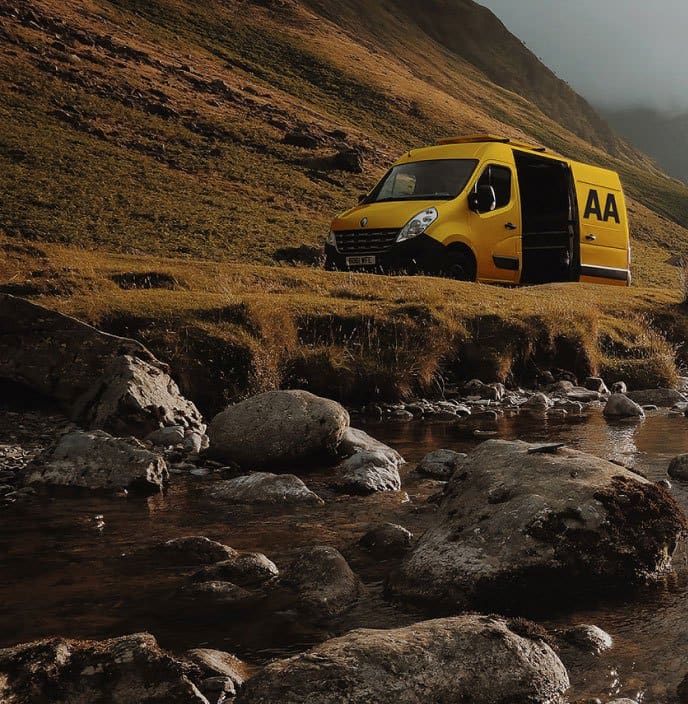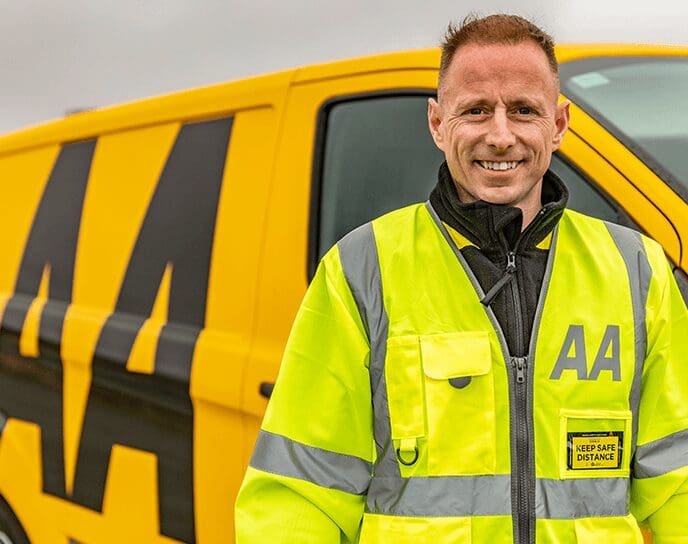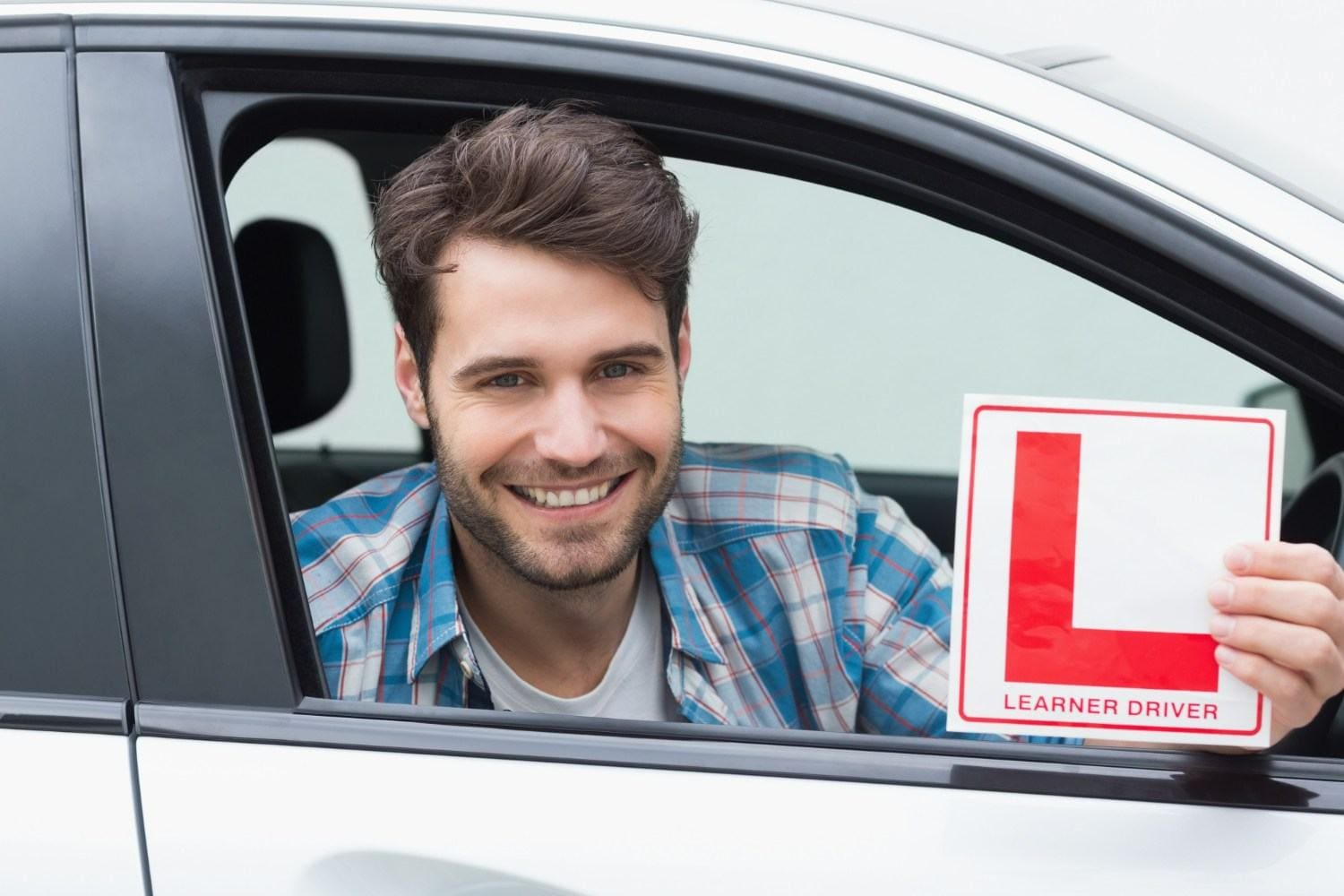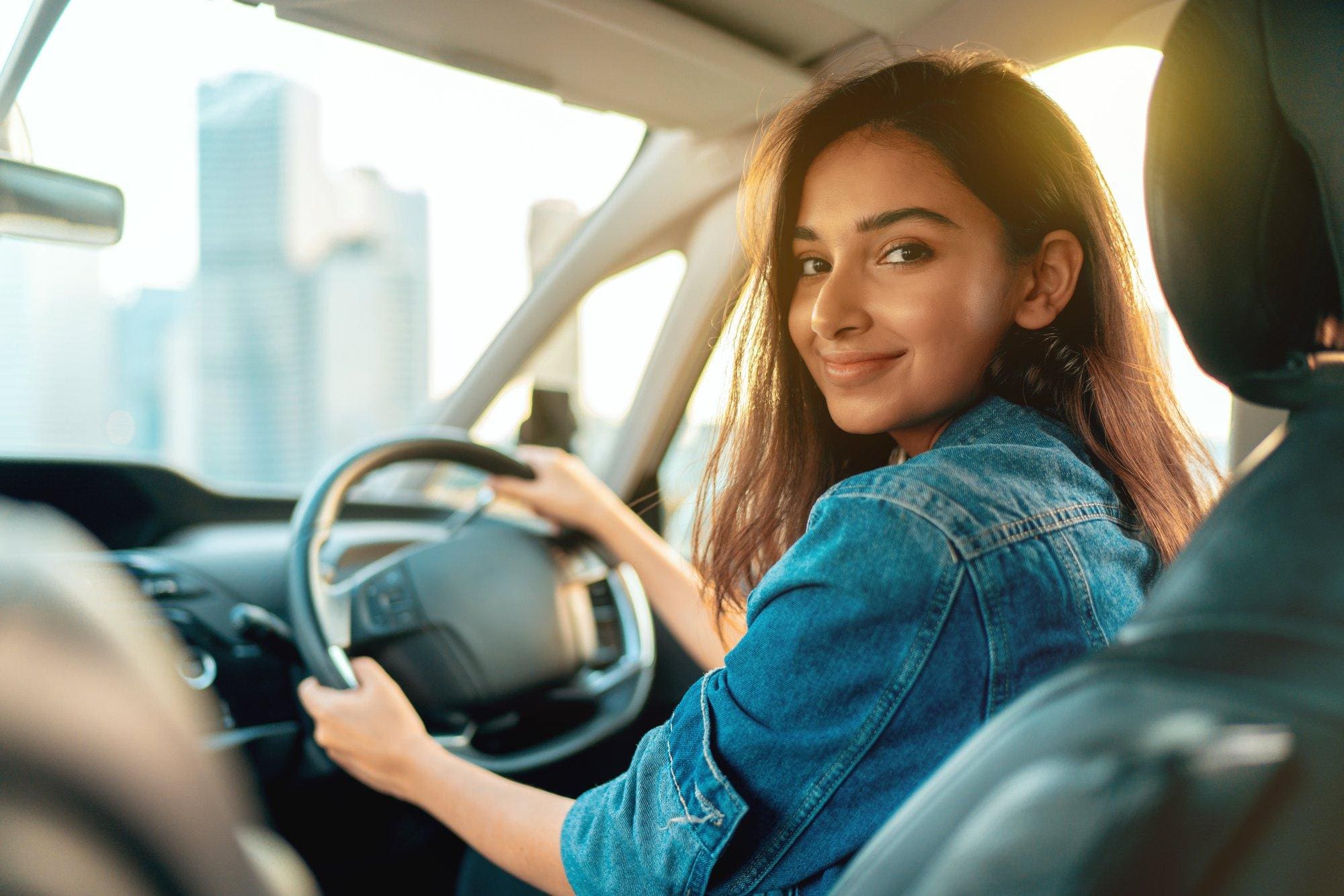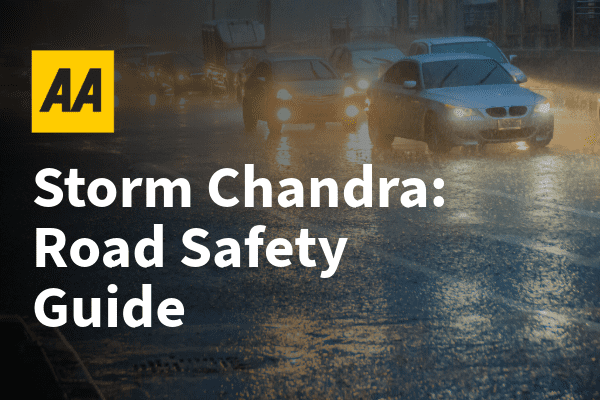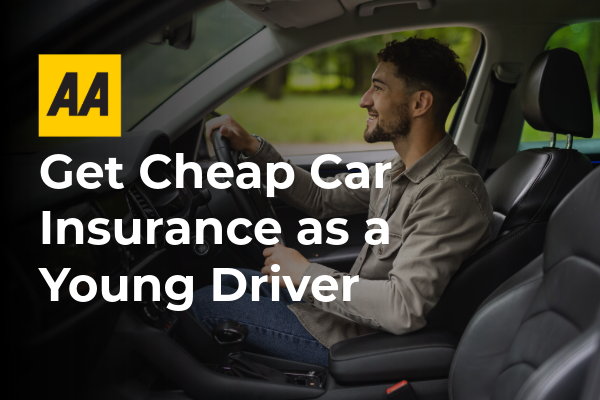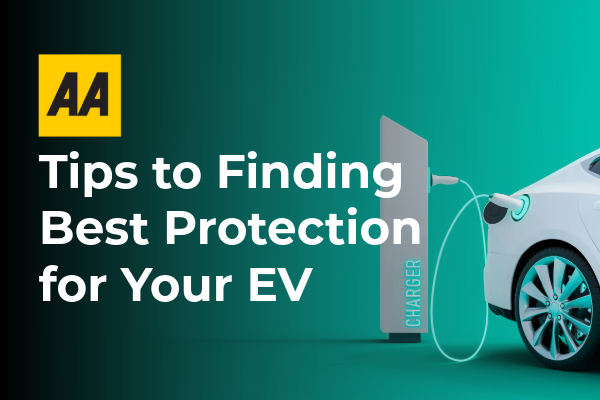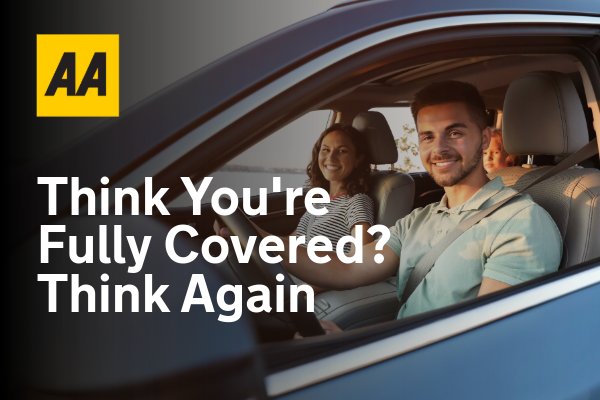You’ve got the theory test, the learner permit, the lessons, and picked out your first car – now it’s time to get your own car insurance policy. While the process can feel like a mystery or a learning curve, it doesn’t have to be. Here’s our guide to what you need and what the options mean.
Why do I need car insurance?
In short: it’s the law. To drive a car in Ireland, you must have insurance. Driving without insurance is a criminal offence and could lead to 5 penalty points and a fine of up €5,000. It could lead to disqualification or even a 6-month prison sentence.
As well as being required by law, having car insurance means that if you are involved in a road incident, you won’t find yourself having to pay for all the damage to another driver’s vehicle yourself. Depending on the policy, you might also be covered for damage to your car and/or your car being stolen or set on fire.
Generally, when there is an incident, the insurer of whoever is at fault covers the other driver’s car. You can find out more about making a claim after an incident here.
You can read more about getting your insurance as a first time driver here as well.
When do I need my own insurance policy? What about driving other people’s cars?
If you’re driving someone else’s car, you must be a “named driver” on their policy. So if you’re learning and using a parent’s or partner’s car to practise with your sponsor, you must ensure their policy covers you.
If you are the owner and main driver of the car, you’ll need to take out your own policy. The price of insurance can vary based on the type of car, so it’s a good idea to get a few insurance quotes before buying your first car to make sure you’re not in for any nasty surprises after the sale goes through. Don’t be tempted to put someone else as the main driver and yourself as a named driver in an attempt to get a cheaper premium. That’s an offence known as “fronting”, and you could see your policy being voided or even a charge of insurance fraud.
Some insurance policies include “open driving“, which means anyone with a full licence can drive your vehicle as well as you, and/or a “driving other cars” option, meaning you can drive other people’s cars occasionally, with their permission. That said, both of these usually come with conditions, such as an age restriction, a requirement to have a clean licence, a limit to third-party cover, or a restriction on the type of vehicles that are covered. So before you drive anyone else’s vehicle, you should always carefully check the policy documents – yours and theirs – to ensure you are covered.


